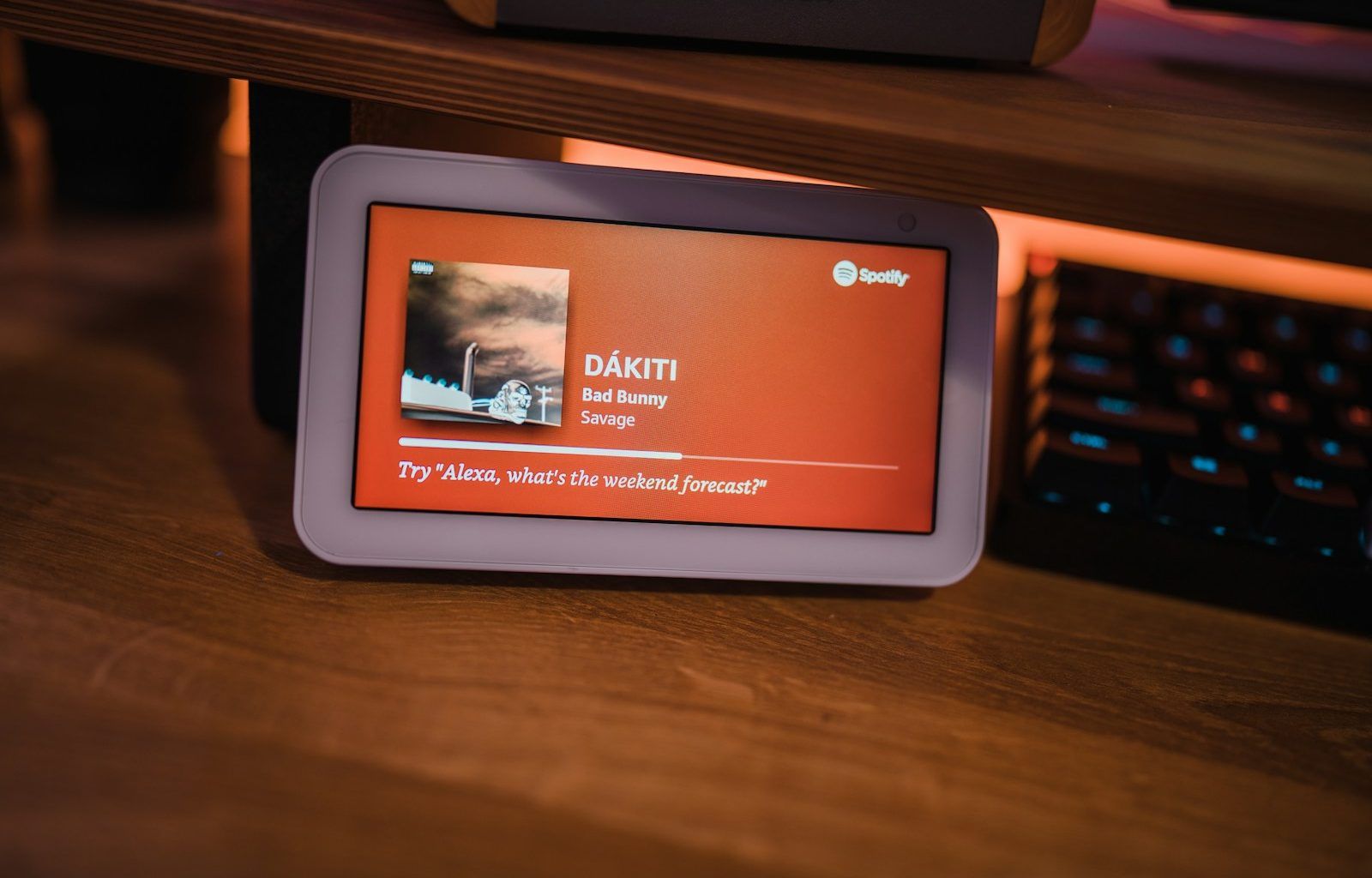Spotify has truly transformed how we consume music. But have you ever wondered how it all began? What led to the release of Spotify and its meteoric rise? Let’s dive deep into the captivating story of Spotify’s release, its impact on the world, and why it’s more than just a music app.
The Dream That Started It All
Back in 2006, a group of tech enthusiasts in Sweden came together with one big idea: making music accessible to everyone, everywhere. Daniel Ek and Martin Lorentzon, the co-founders, wanted to create something that could address the growing problem of music piracy. They envisioned a platform where users could enjoy music legally, while artists and creators got the recognition and compensation they deserved.
But the road to releasing Spotify wasn’t easy. Building the foundation for a platform that could stream music seamlessly required innovation, hard work, and a lot of patience. They knew they had to stand out from the competition and offer something the world had never seen before.
A Bold Step Towards Innovation
When Spotify was officially released in 2008, it was a game-changer. People were introduced to the concept of streaming, where you didn’t need to download music to enjoy it. The app’s release marked the beginning of a new era for the music industry. Suddenly, you could search for your favorite artist, album, or genre and listen instantly—no buffering, no delays.
One of the most significant aspects of Spotify’s release was its “freemium” model. This meant users could listen to music for free, albeit with ads, or subscribe to a premium version for an ad-free experience. This flexibility allowed Spotify to cater to a wide audience, from casual listeners to hardcore music lovers.
Why Spotify’s Release Was Revolutionary
Before Spotify’s release, music lovers faced limited options. CDs were expensive, and digital downloads took up significant storage space. Plus, the issue of illegal downloads plagued the industry. Spotify solved all these problems at once:
- Accessibility: Users gained access to millions of tracks in one place.
- Affordability: With free and affordable premium options, Spotify appealed to everyone.
- Support for Artists: The platform ensured royalties for creators, marking a step forward in addressing piracy concerns.
The Role of Licensing in Spotify’s Journey
For Spotify to succeed, it had to secure licensing deals with major record labels. This was perhaps one of the most challenging parts of releasing Spotify. Convincing labels to embrace a new streaming model wasn’t easy. However, Daniel Ek’s persistence paid off. By building trust and showing how Spotify could revolutionize the industry, he was able to bring record labels on board.
How Spotify’s Release Impacted the Music Industry
When Spotify first launched, it not only captured the attention of listeners but also reshaped how artists and labels viewed music distribution. Streaming became the preferred way to consume music, and traditional sales models quickly adapted to this change.
Artists gained a new platform to showcase their talent. Emerging musicians found it easier to reach a global audience. Plus, with curated playlists, Spotify became an essential tool for discovering new music. From indie bands to international superstars, everyone could benefit from the exposure Spotify provided.
The Evolution After Release
Since its release, Spotify has evolved in countless ways. Features like personalized playlists, such as Discover Weekly and Wrapped, have turned the app into more than just a music player. It’s now a hub for podcasts, exclusive content, and even live audio sessions.
Spotify also continuously works on improving user experience. The sleek interface, high-quality audio streaming, and offline listening options are just a few reasons why it remains a favorite among users worldwide.
Challenges Faced Post-Release
While Spotify’s release was a success, the journey wasn’t without hurdles. From criticisms about artist payouts to competition from other platforms like Apple Music and Amazon Music, Spotify had to constantly innovate to stay ahead. Yet, it’s managed to remain a leader in the industry by focusing on user needs and expanding its features.
A Global Phenomenon
Today, Spotify’s presence spans over 180 markets, with millions of active users. The platform’s global reach ensures that music knows no boundaries. People from all walks of life can connect over shared playlists, favorite tracks, and podcast episodes.
What Makes Spotify Unique?
Spotify’s release was just the beginning of its journey. What sets it apart from the competition is its ability to adapt and grow. Whether it’s by integrating AI for better recommendations or launching tools for creators, Spotify has always been at the forefront of innovation.
Another standout feature is its commitment to diversity. By spotlighting various genres and cultures, Spotify has become a melting pot of music from around the world. It’s not just about listening; it’s about discovering and celebrating music in all its forms.
The Future of Spotify
As Spotify continues to expand, the focus remains on enhancing the user experience. Plans for better sound quality, more exclusive content, and deeper community engagement are already underway. It’s exciting to think about what Spotify might release next to keep us hooked.
Final Thoughts
The release of Spotify wasn’t just the launch of a music app; it was the start of a cultural shift. By making music accessible, affordable, and enjoyable for all, Spotify changed how we interact with music. It bridged the gap between creators and listeners, bringing the world closer through the universal language of music.
Whether you’re a longtime fan or new to the platform, there’s no denying the impact Spotify has had. From its humble beginnings to its current status as a global powerhouse, Spotify’s journey is a testament to the power of innovation and the love for music.
Related Articles:
For further reading, explore these related articles:
- The Rising Influence of Virgin Music in the Global Industry
- How to Add Audio in Instagram: A Comprehensive Guide
For additional resources on music marketing and distribution, visit DMT Records Private Limited.






